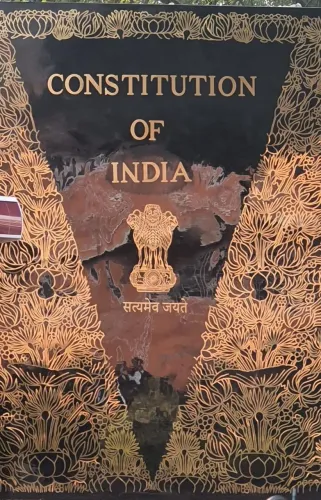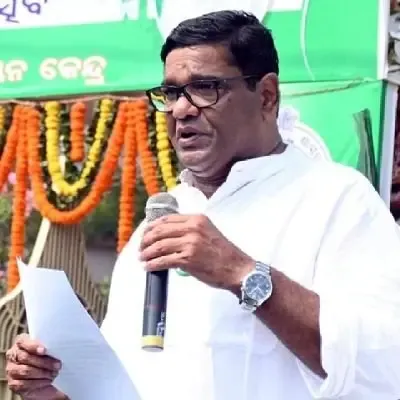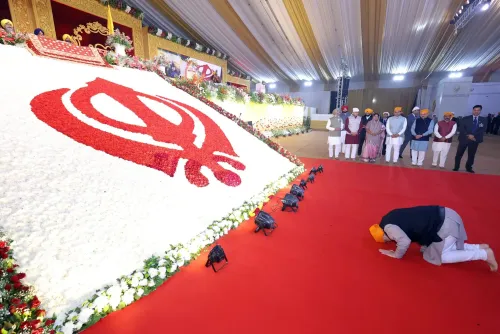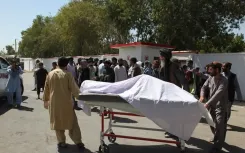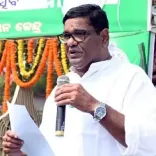Did Rana’s Confession Uncover Hidden Layers of 26/11? NIA to Investigate His Nationwide Recruitment Strategy
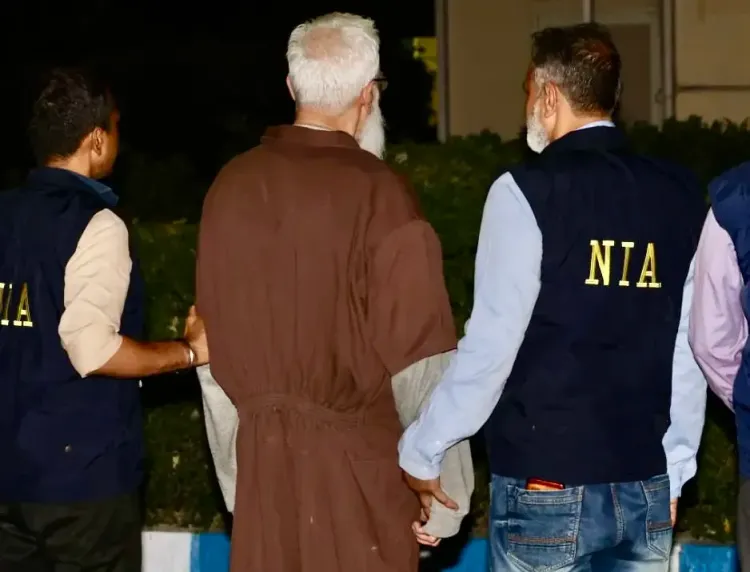
Synopsis
Key Takeaways
- Tahawwur Rana has confessed to aiding David Headley in the 26/11 attacks.
- The NIA is expanding its investigation into Rana's connections to other incidents.
- Rana's travels throughout India are under scrutiny for potential terrorist recruitment.
- Authorities are focused on building a solid case against the Pakistani establishment.
- Rana's activities in Kerala have raised red flags for recruitment purposes.
New Delhi, Nov 25 (NationPress) The extradition of Tahawwur Rana from the United States to India marks a significant turning point in the investigation into the Mumbai 26/11 attacks. The National Investigation Agency (NIA) is currently interrogating him, focusing primarily on this terrorist incident, but they are likely to broaden their inquiry into his involvement in other events.
Rana has openly acknowledged his participation in the attacks, stating that he provided extensive assistance to David Headley during his reconnaissance missions in India before the tragic events transpired.
During his interrogation, Rana has shared crucial information regarding his involvement and the meticulous planning that occurred prior to the attack.
An investigator involved in the case indicated that while the primary focus remains on the 26/11 incident, they will also explore the possibility of Rana's involvement in other attacks throughout the nation.
One significant aspect of the investigation is Rana’s travels across different regions of the country. He has confirmed his presence in Mumbai during the attack, and authorities are working to determine the purpose of his visits to various locations in India during that time.
Rana's itinerary was not limited to Mumbai. He traveled to several other regions in both North and South India, as confirmed by an official.
Another investigator noted that, similar to Headley, Rana maintained ongoing communication with Ilyas Kashmiri, who was the leader of Al Qaeda’s 313 Brigade. Their discussions often revolved around the ambitious Ghazwa-e-Hind project, which aims to dismantle India.
During one of these conversations, Kashmiri expressed his desire for a significant recruitment drive, specifically targeting youth from Kerala. He also emphasized the need for recruitment efforts to extend nationwide, which accounts for Rana's travels to Kochi, Agra, Delhi, Hapur, Ahmedabad, and Mumbai.
According to investigators, these travels occurred between November 13 and November 21, 2008. The NIA plans to conduct an in-depth examination of Rana’s movements in these areas.
Officials suspect that Rana was laying the groundwork for a broader scheme orchestrated by Kashmiri. However, detailed information regarding this grand plan remains limited, as the NIA is primarily concentrating on the 26/11 investigation.
An official stated, "It is crucial to build a robust case to fully expose the involvement of the Pakistani establishment in the attack."
Among all the locations Rana visited, the agencies are particularly scrutinizing his trip to Kochi. An official confirmed that this visit was unrelated to any reconnaissance activities.
Unlike Headley, Rana lacked the training for such missions. During his visit to Kerala, he presented himself as an immigration consultant. His attempts to establish fronts in Kerala for recruitment purposes are currently under investigation.
Moreover, the agencies have discovered that he placed advertisements in local newspapers, targeting individuals seeking visas to both the United States and Canada. An official from the Intelligence Bureau indicated that Rana was likely attempting to create a cover to gather individuals under one umbrella for recruitment.
Kerala has also been a favored location for Kashmiri's recruitment efforts, marking a significant shift in targeting local cadres for operations in the region.
In Jammu and Kashmir, the ISI typically recruits locals or deploys Pakistanis for terrorist activities. In 2013, a court convicted 13 individuals for recruiting terrorists for camps in Kashmir. In 2008, four individuals from the region were killed during an encounter in Kashmir. This incident marked the first time Lashkar-e-Taiba recruited non-Pakistanis and non-Kashmiris for operations in Jammu and Kashmir. Officials report that details surrounding Rana's larger objectives, aside from the 26/11 attacks, remain unclear.
Once the investigation into Mumbai is concluded, authorities will shift their focus to the remainder of his agenda, the official added.

